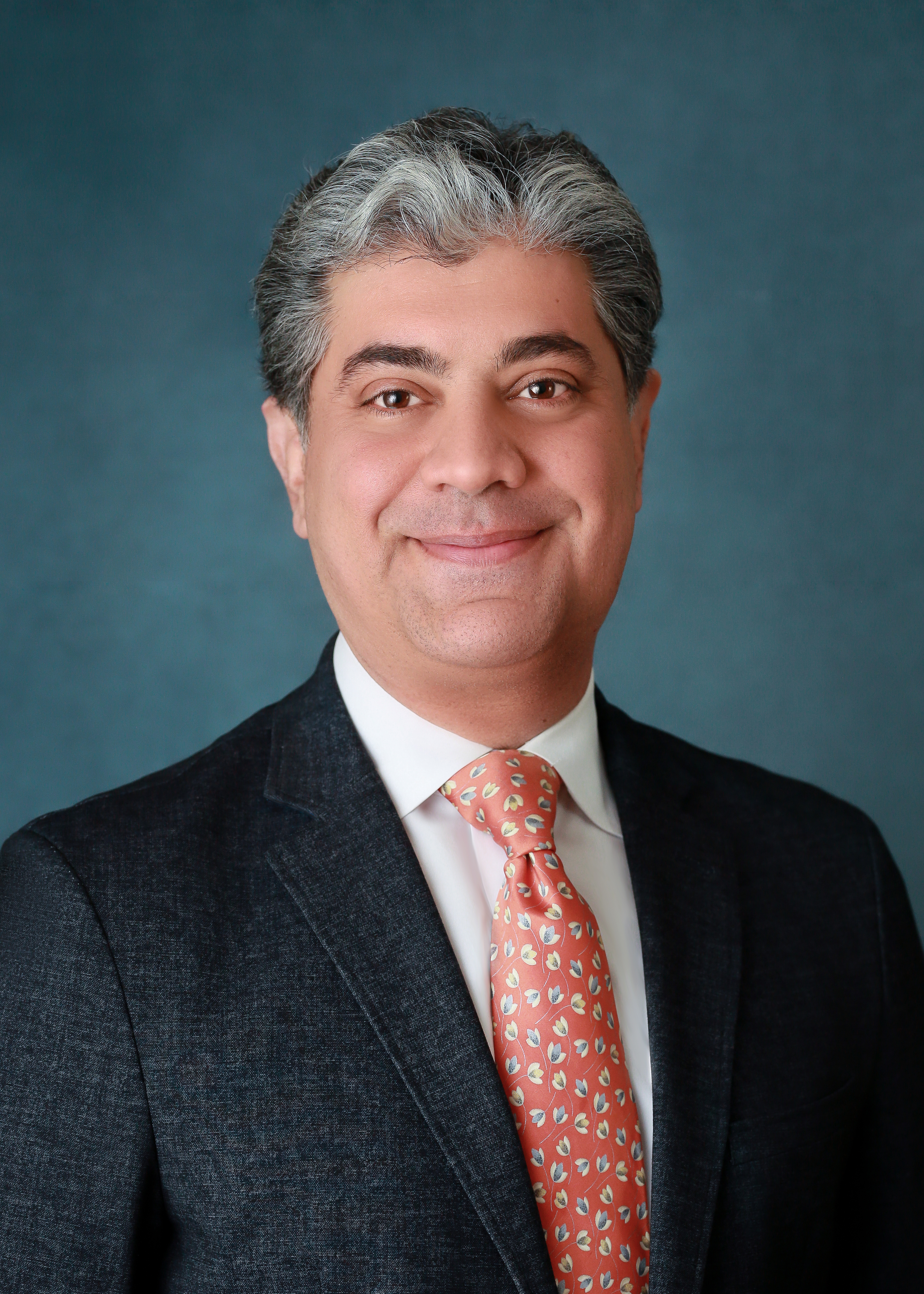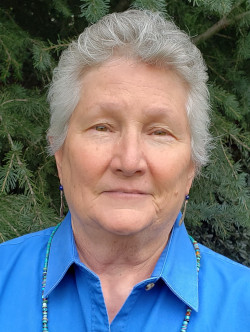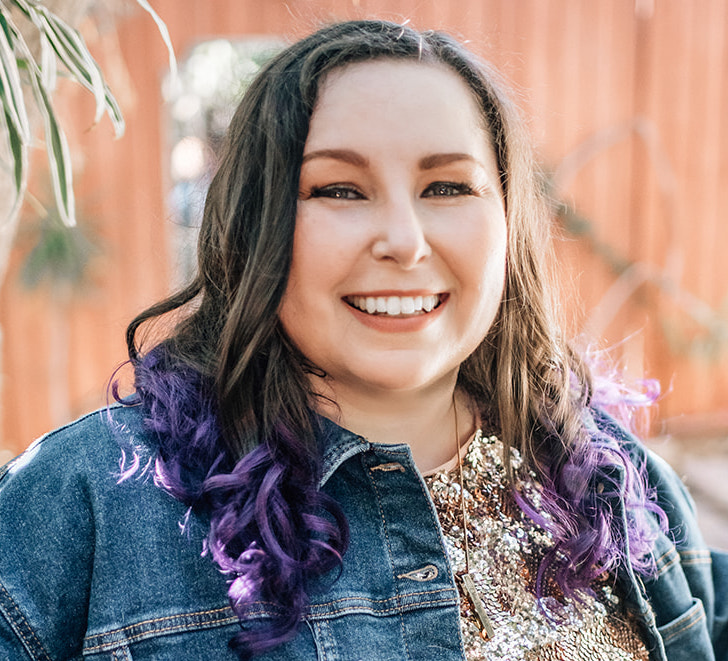2024 LACPA Presidential Theme: Mental Health as a Universal Human Right
Peyman Raoofi, Psy.D.
 I am honored to serve as LACPA’s president for 2024. My connection to the LACPA community spans over a decade, dating back to 2010, ten years after I emigrated from Iran, and covers nearly my entire career in psychology. LACPA is more than just an organization to me; it's a second family. My journey with LACPA began by serving as the chair of the Student Leadership Committee. In 2011, I received the award for Distinguished Service to LACPA by a Graduate Student. Subsequently, I was elected as Secretary of the Board of Directors. I have maintained my involvement by chairing the Community Outreach Committee. This committee collaborated with the Los Angeles Public Library to organize numerous virtual mental health presentations for the public during the COVID lockdown. I am also grateful for LACPA's support in initiating and executing ten holiday Toy Drives, which have benefited the Los Angeles Children’s Hospital.
I am honored to serve as LACPA’s president for 2024. My connection to the LACPA community spans over a decade, dating back to 2010, ten years after I emigrated from Iran, and covers nearly my entire career in psychology. LACPA is more than just an organization to me; it's a second family. My journey with LACPA began by serving as the chair of the Student Leadership Committee. In 2011, I received the award for Distinguished Service to LACPA by a Graduate Student. Subsequently, I was elected as Secretary of the Board of Directors. I have maintained my involvement by chairing the Community Outreach Committee. This committee collaborated with the Los Angeles Public Library to organize numerous virtual mental health presentations for the public during the COVID lockdown. I am also grateful for LACPA's support in initiating and executing ten holiday Toy Drives, which have benefited the Los Angeles Children’s Hospital.
Beyond LACPA, I have been actively engaged on a global scale. I have held leadership roles in many non-profit organizations and attended multiple meetings of the Human Rights Council in Geneva. I had the privilege of engaging in face-to-face conversations with two United Nations (U.N.) Secretary Generals in New York. In 2018, I was honored with the Mental Health Heroes Award from the Chicago School of Professional Psychology. Finally, I participated in an advocacy effort led by the APA Office of International Affairs and the Psychology Coalition at the U.N. and our advocacy bore fruit when our resolution was adopted by the UN General Assembly. The resolution, for the first time, encourages member states to work towards integrating mental health into primary health care by 2030.
The theme I have chosen for 2024 is “Mental Health as a Universal Human Right.” Everyone, whoever and wherever they are, has a right to the highest standard of mental health. This encompasses the right to be shielded from mental health risks, the right to accessible, acceptable, and high-quality care, and the right to liberty, independence, and inclusion within the community. As defined by the World Health Organization, health is a state of complete physical, mental, and social well-being, and not merely the absence of disease. This universal approach is relatively new and indicates a shift in how “the right to a standard of living adequate for health and well-being,” first enshrined in the Universal Declaration of Human Rights 75 years ago, is now understood. A report by the U.N. Human Rights Office highlights that individuals with mental health conditions and those with psychosocial disabilities, experience disproportionately higher rates of poor physical health and have a reduced life expectancy compared to the general population.
The year 2024 offers LACPA and its members a unique opportunity to rally behind the theme "Mental Health as a Universal Human Right." Our collective efforts can enhance knowledge, raise awareness, and drive actions that promote and safeguard the mental health of all. I extend an invitation to all of you to join me in pursuing these objectives: to eradicate stigma, discrimination, and violence related to mental health; to uphold and protect the human rights of individuals with mental health conditions and psychosocial disabilities; and to advance our comprehension of mental health through scientific exploration, collaborative initiatives, and shared insights. By working together, we can create a community where individuals are supported, stigma is eradicated, and mental health is acknowledged as an integral component of overall well-being. We must ensure that no one is left behind, and that mental health is truly a priority for us all.


 I am honored to serve as LACPA’s president for 2024. My connection to the LACPA community spans over a decade, dating back to 2010, ten years after I emigrated from Iran, and covers nearly my entire career in psychology. LACPA is more than just an organization to me; it's a second family. My journey with LACPA began by serving as the chair of the Student Leadership Committee. In 2011, I received the award for Distinguished Service to LACPA by a Graduate Student. Subsequently, I was elected as Secretary of the Board of Directors. I have maintained my involvement by chairing the Community Outreach Committee. This committee collaborated with the Los Angeles Public Library to organize numerous virtual mental health presentations for the public during the COVID lockdown. I am also grateful for LACPA's support in initiating and executing ten holiday Toy Drives, which have benefited the Los Angeles Children’s Hospital.
I am honored to serve as LACPA’s president for 2024. My connection to the LACPA community spans over a decade, dating back to 2010, ten years after I emigrated from Iran, and covers nearly my entire career in psychology. LACPA is more than just an organization to me; it's a second family. My journey with LACPA began by serving as the chair of the Student Leadership Committee. In 2011, I received the award for Distinguished Service to LACPA by a Graduate Student. Subsequently, I was elected as Secretary of the Board of Directors. I have maintained my involvement by chairing the Community Outreach Committee. This committee collaborated with the Los Angeles Public Library to organize numerous virtual mental health presentations for the public during the COVID lockdown. I am also grateful for LACPA's support in initiating and executing ten holiday Toy Drives, which have benefited the Los Angeles Children’s Hospital. Co-occurring disorders, also known as dual diagnosis, refers to the presence of two or more disorders or conditions in an individual simultaneously. These disorders can be mental health disorders such as depression, anxiety, or Bipolar Disorder, or they can be substance use disorders such as alcoholism or drug addiction.
Co-occurring disorders, also known as dual diagnosis, refers to the presence of two or more disorders or conditions in an individual simultaneously. These disorders can be mental health disorders such as depression, anxiety, or Bipolar Disorder, or they can be substance use disorders such as alcoholism or drug addiction.